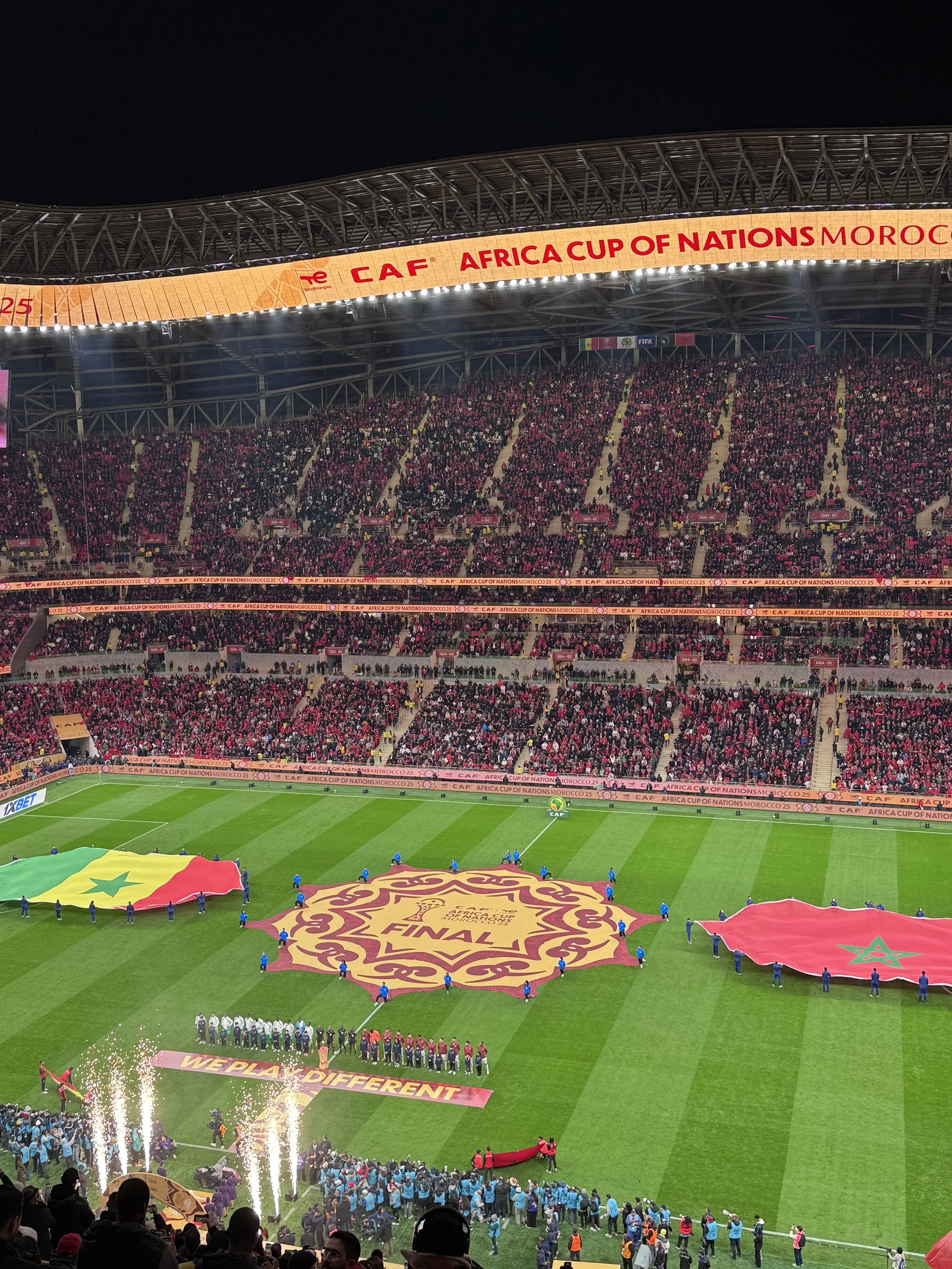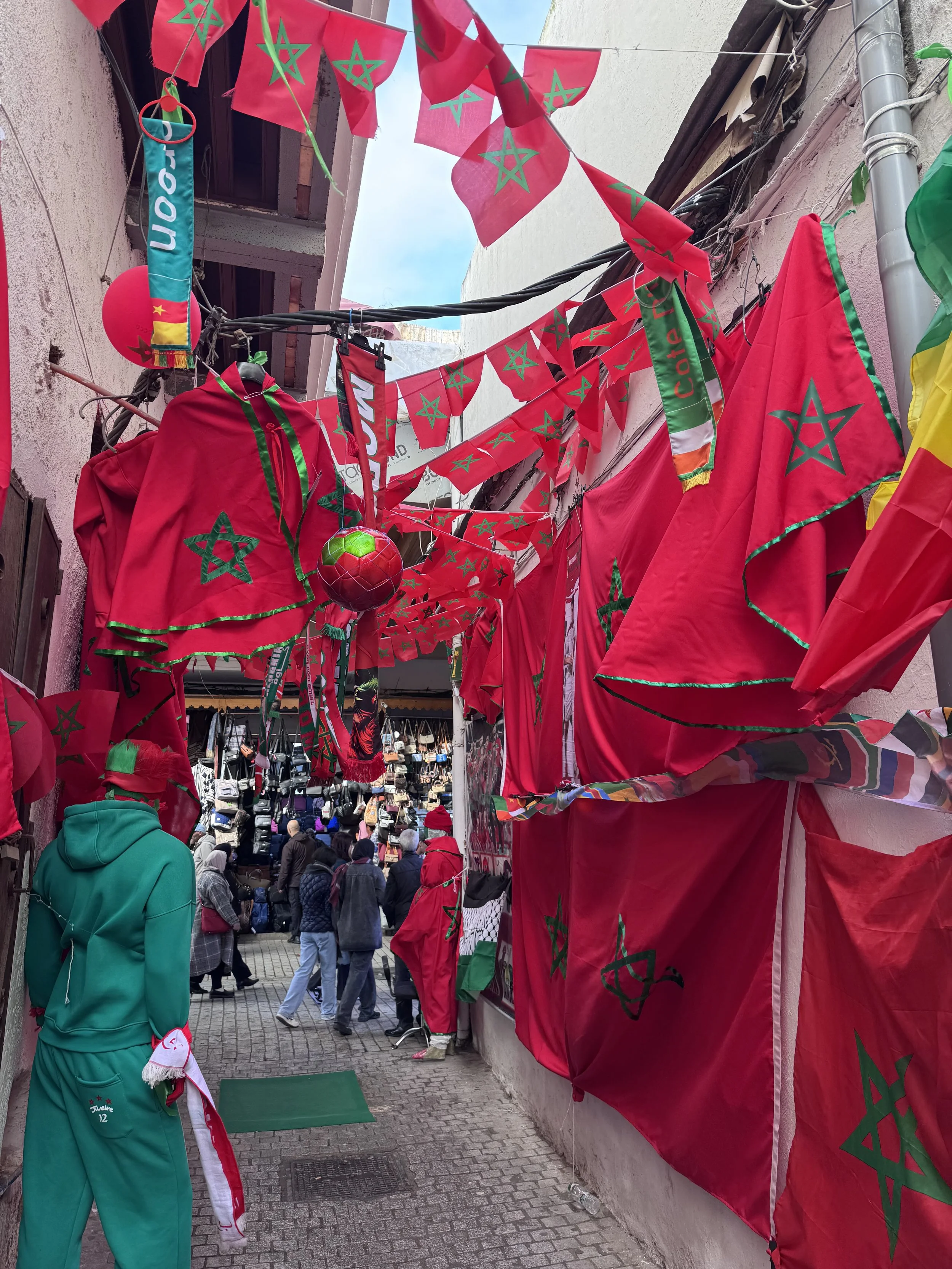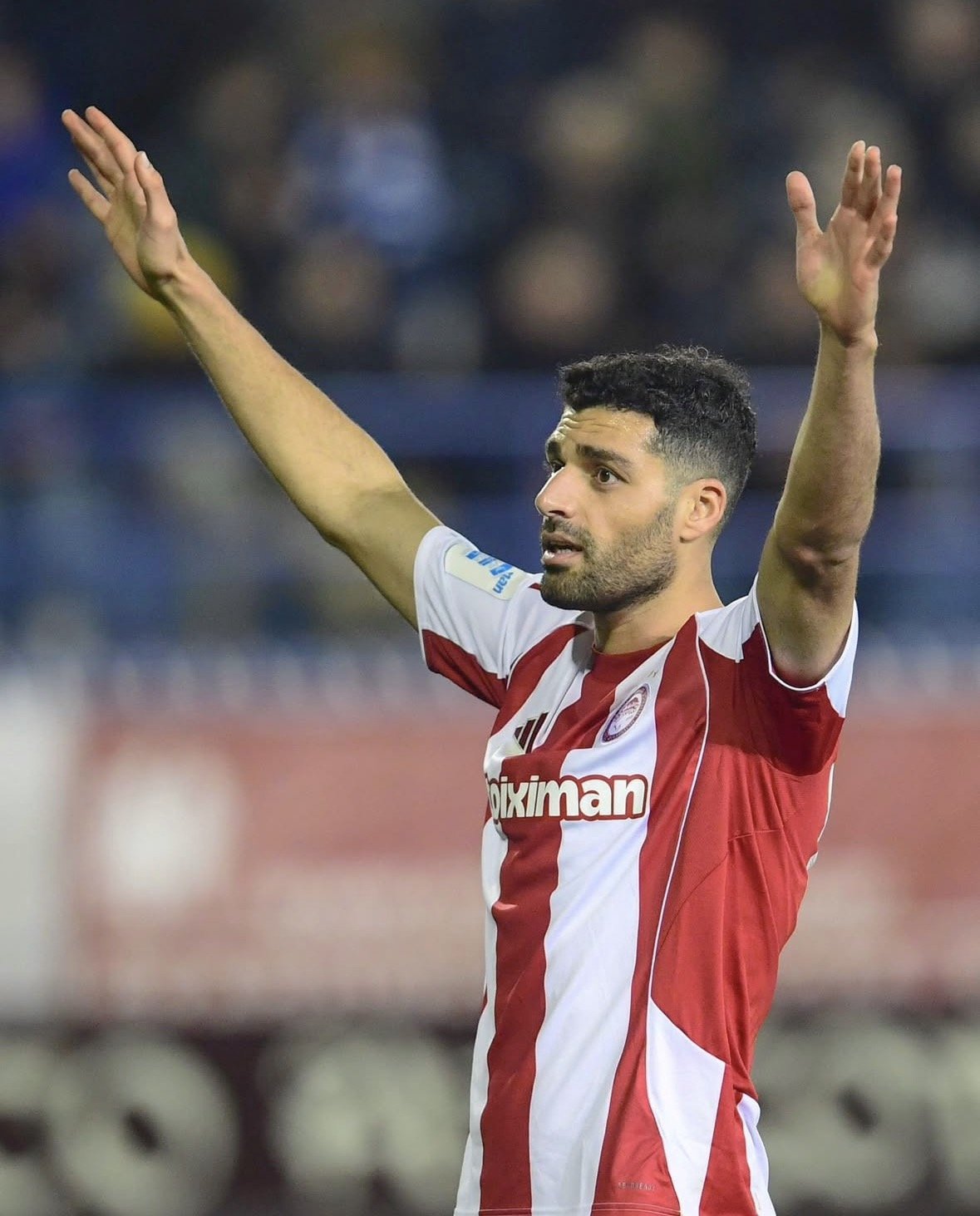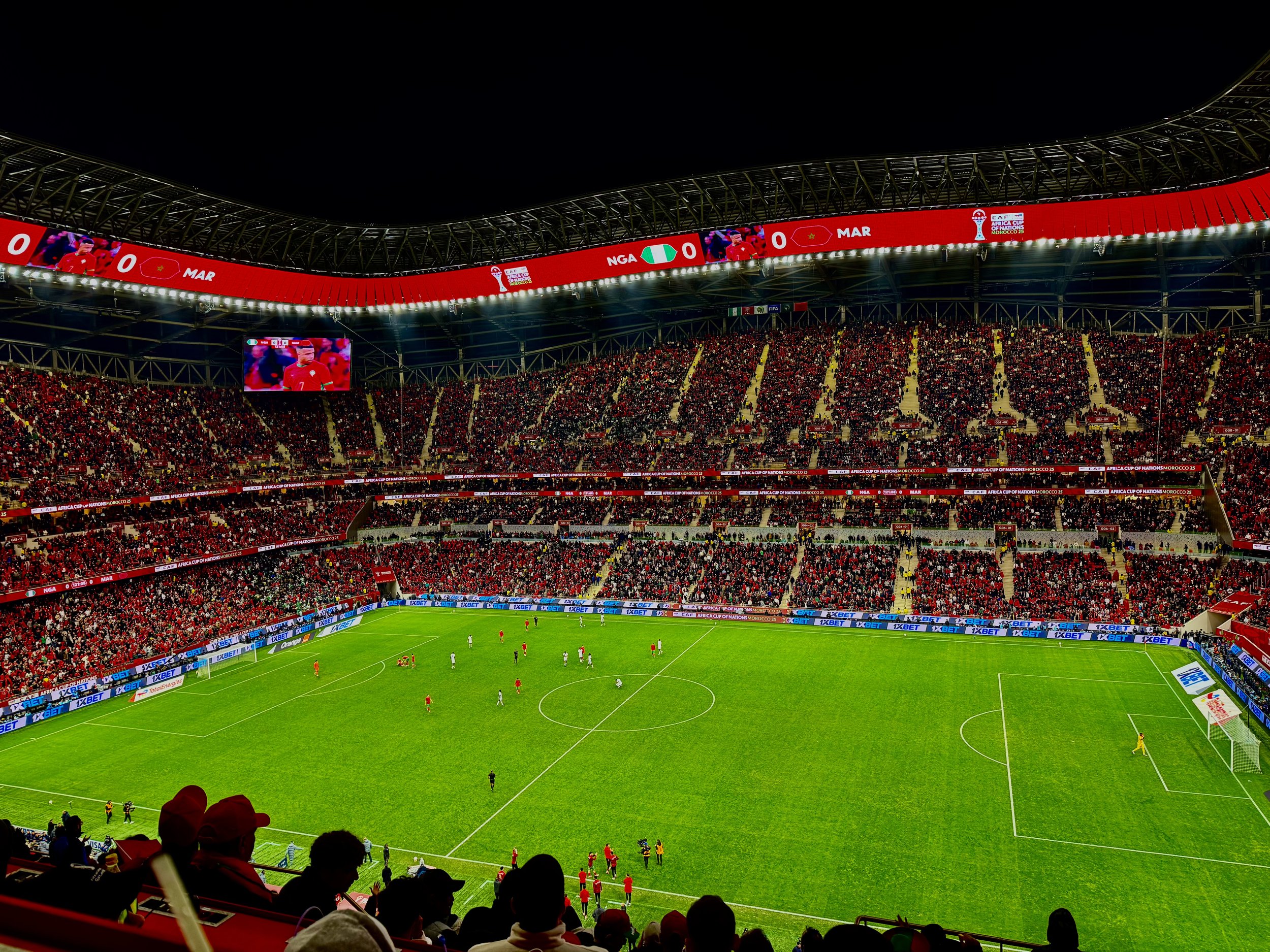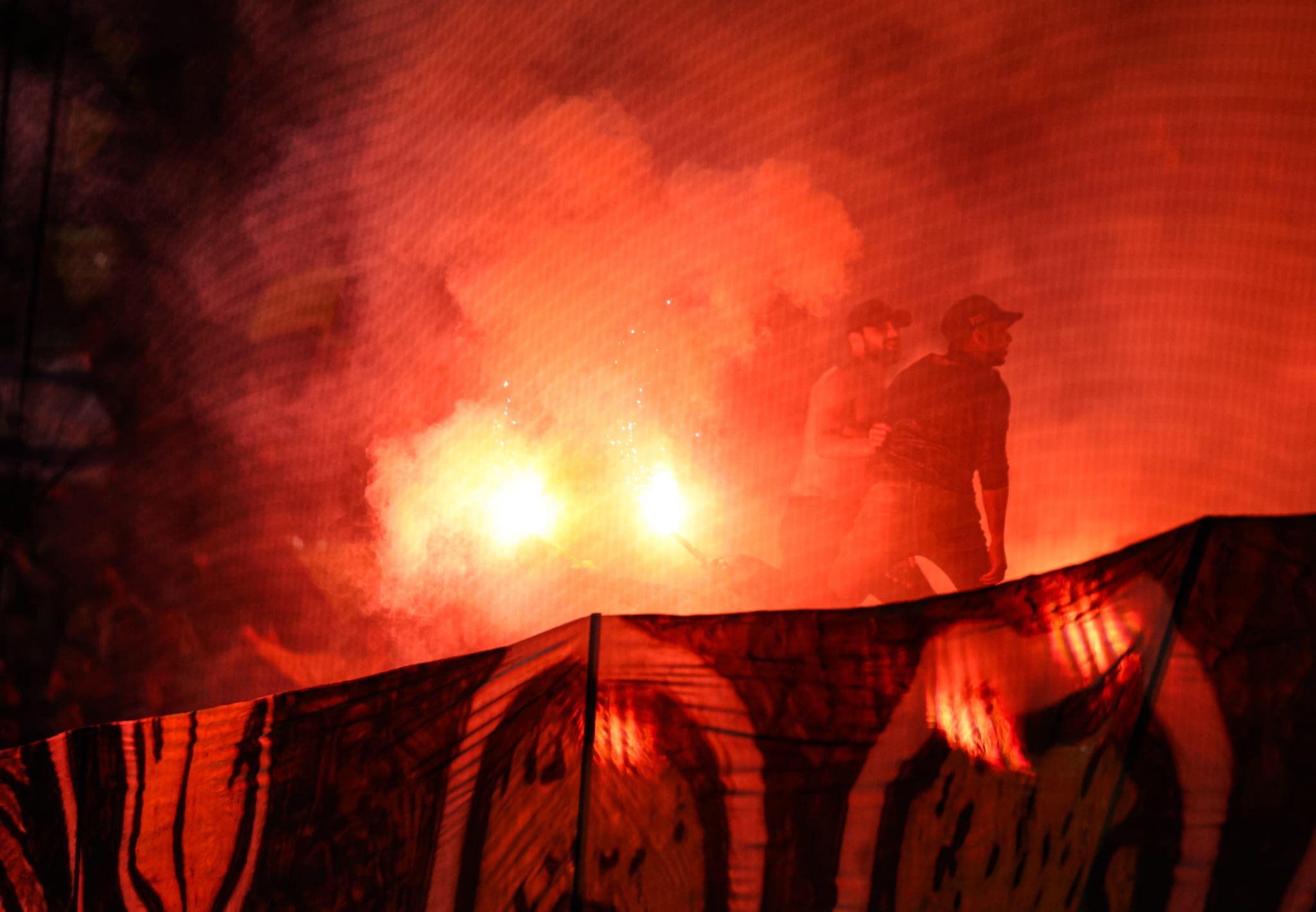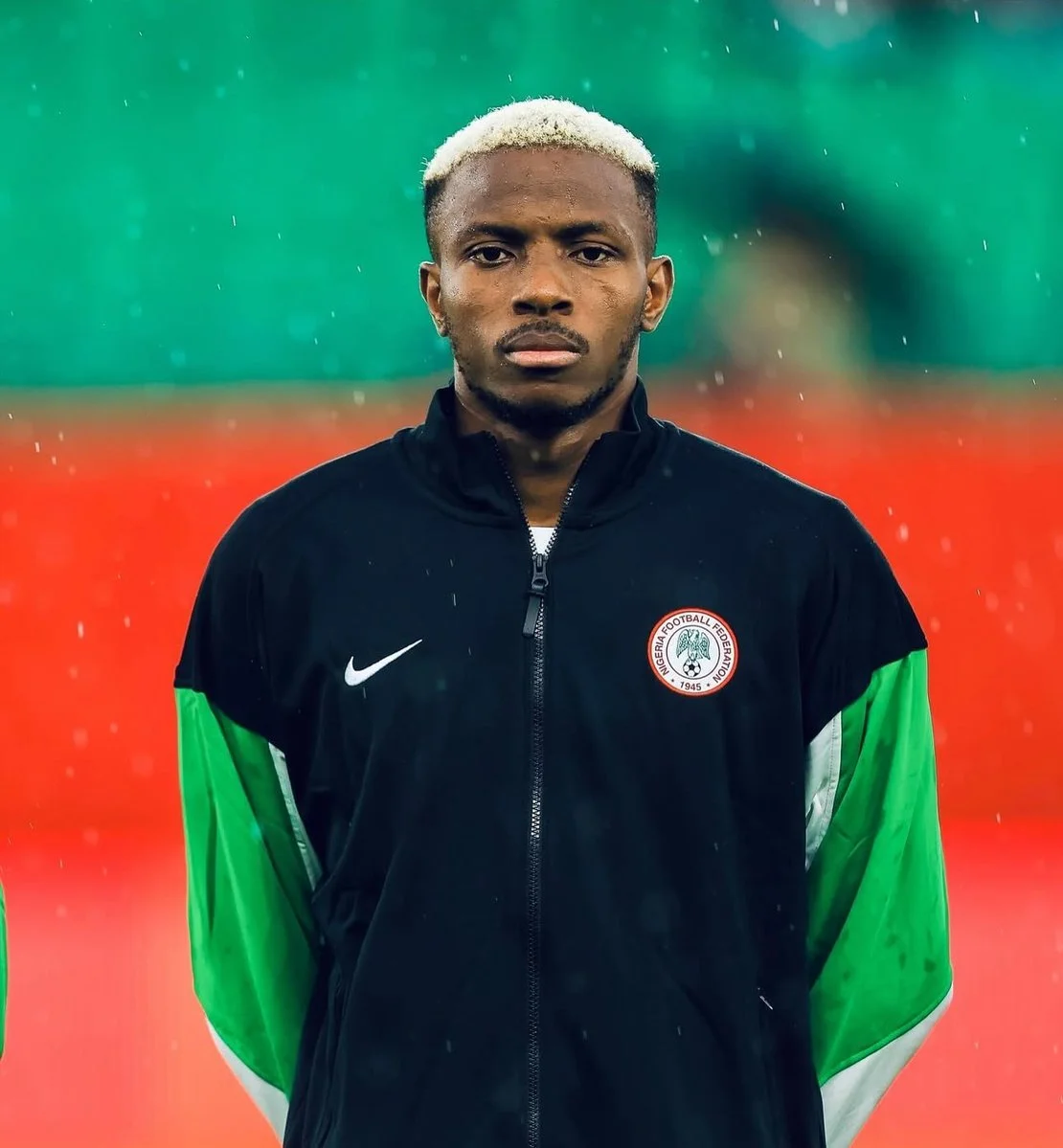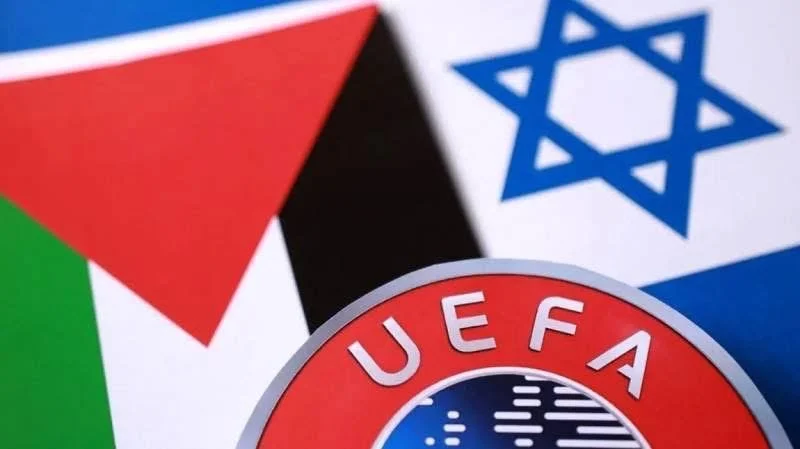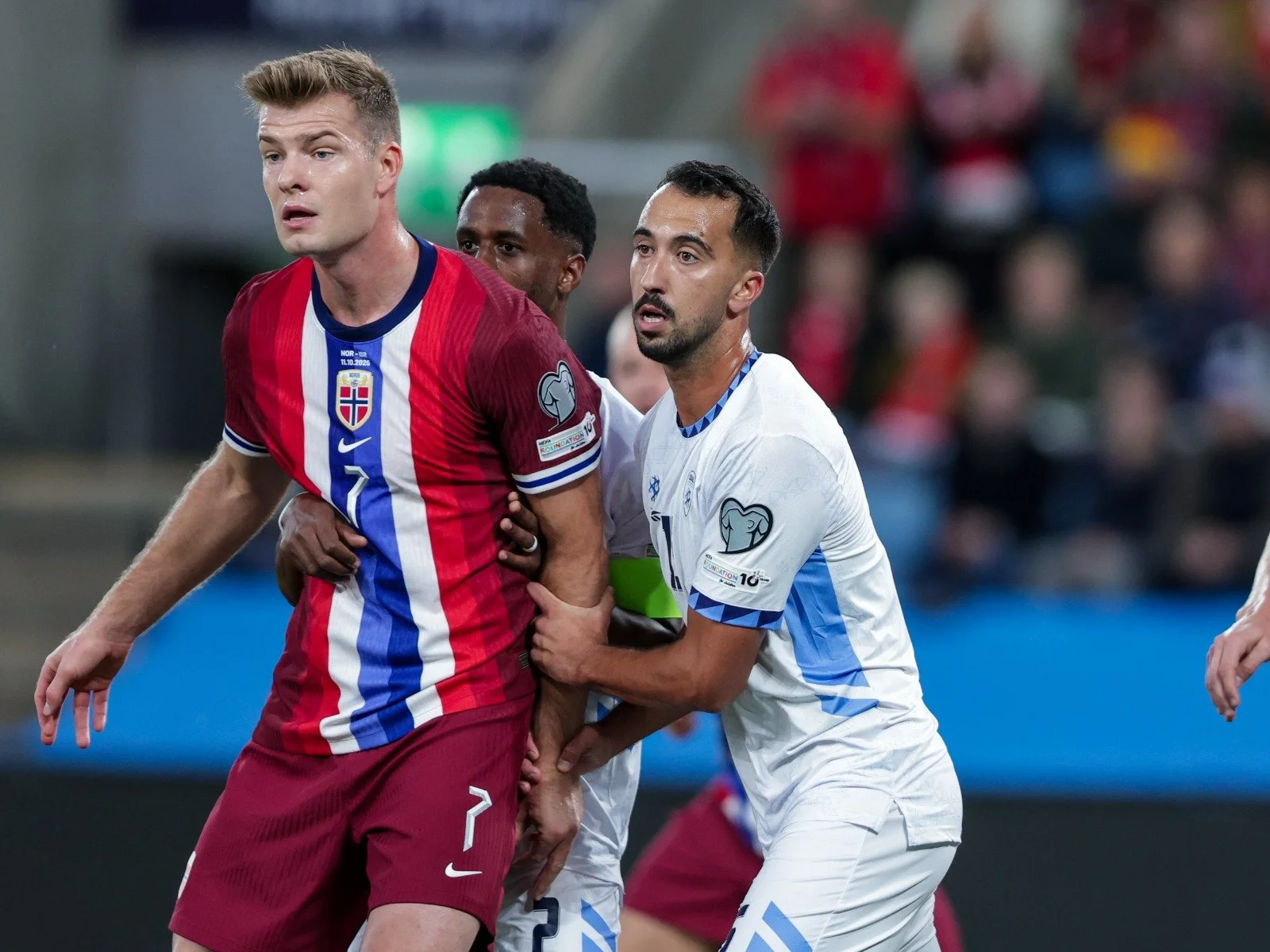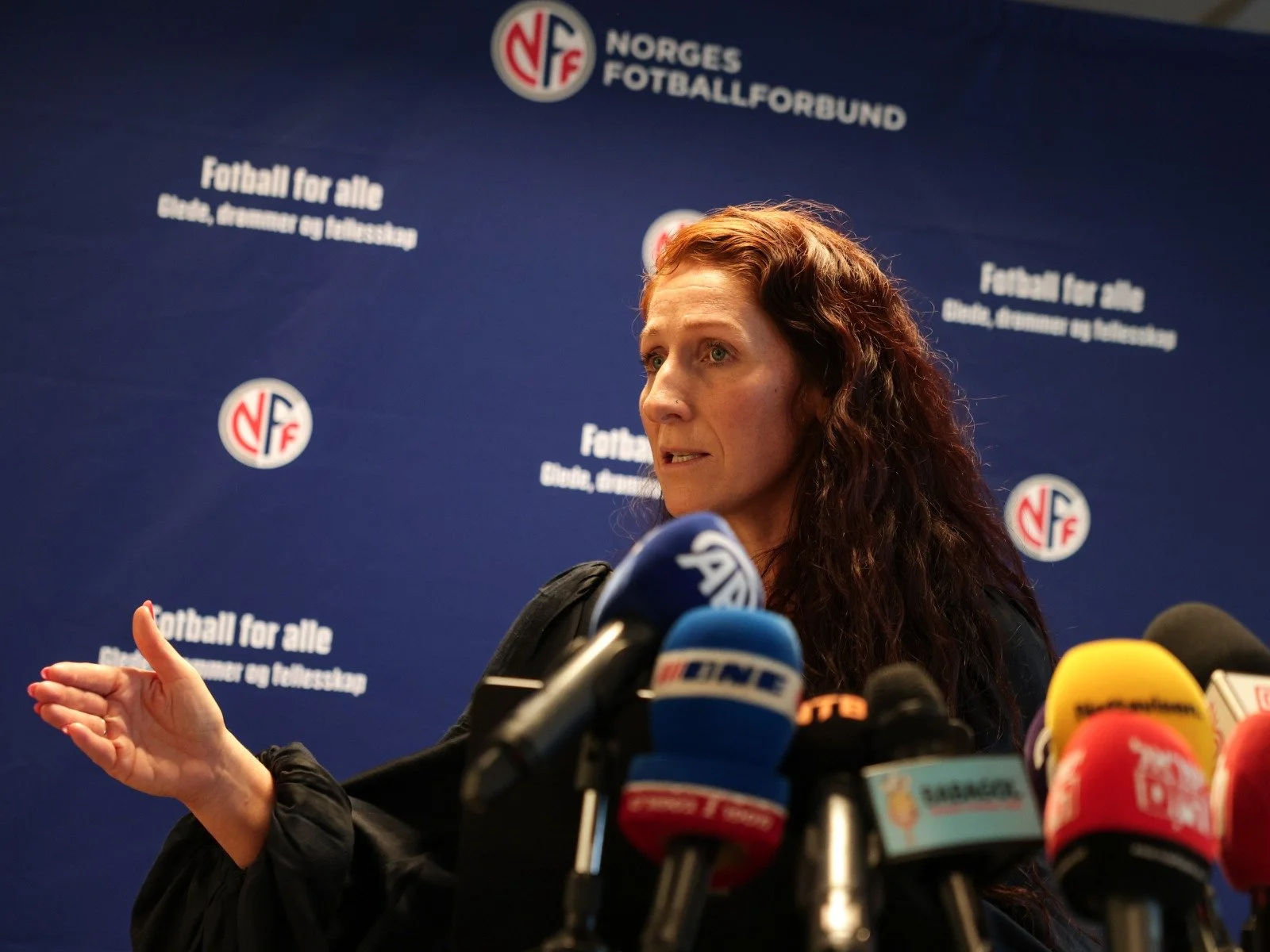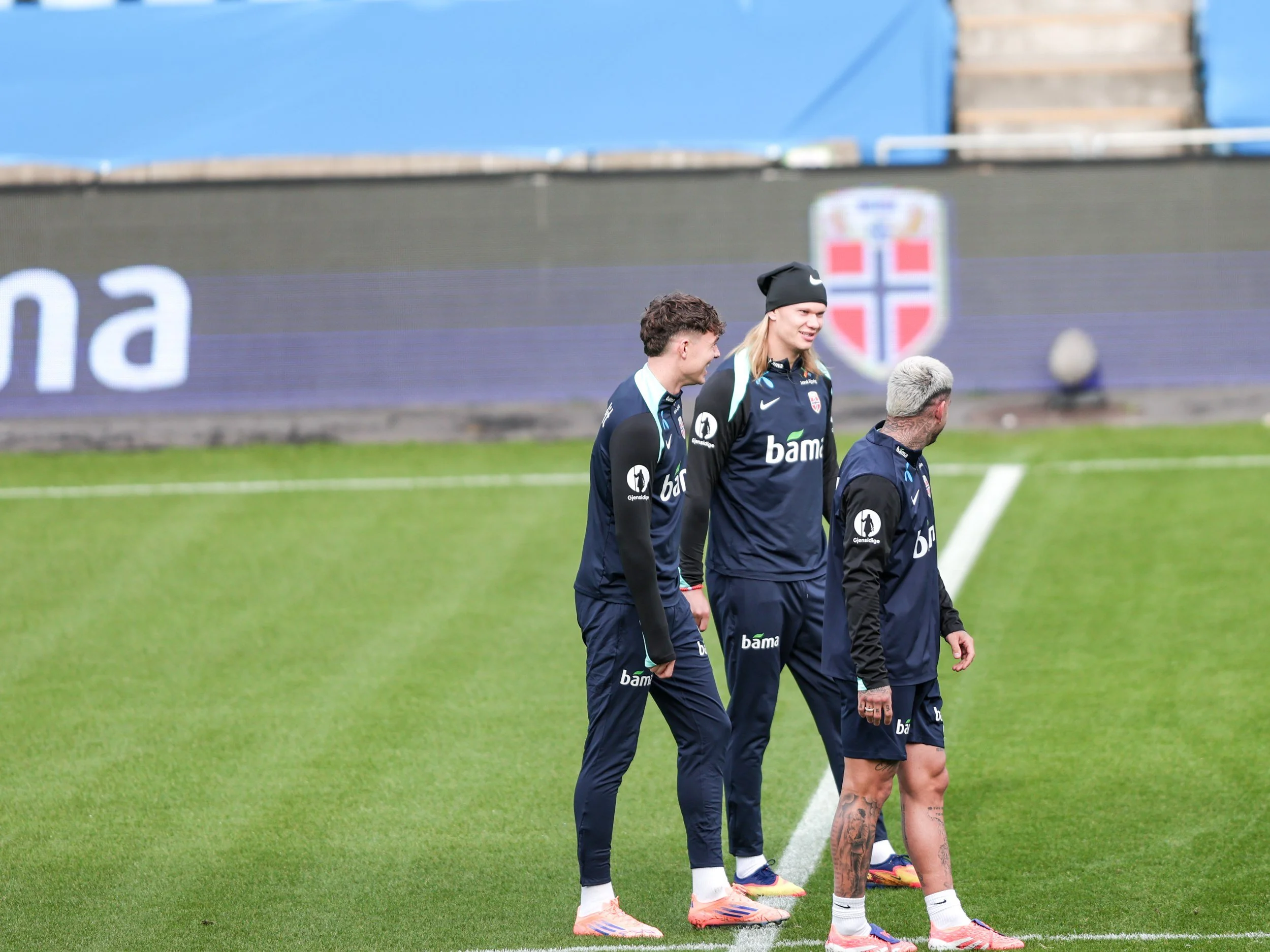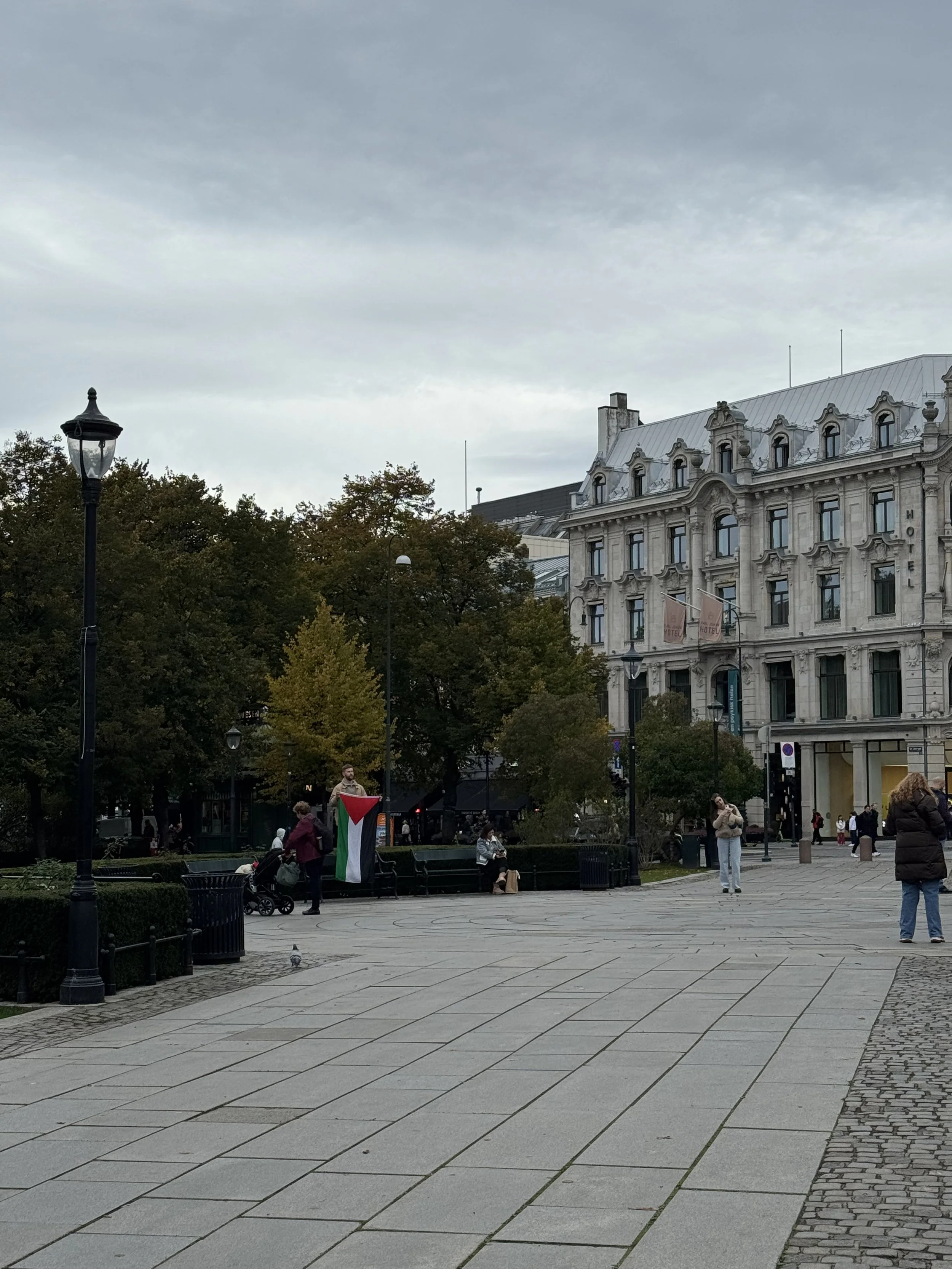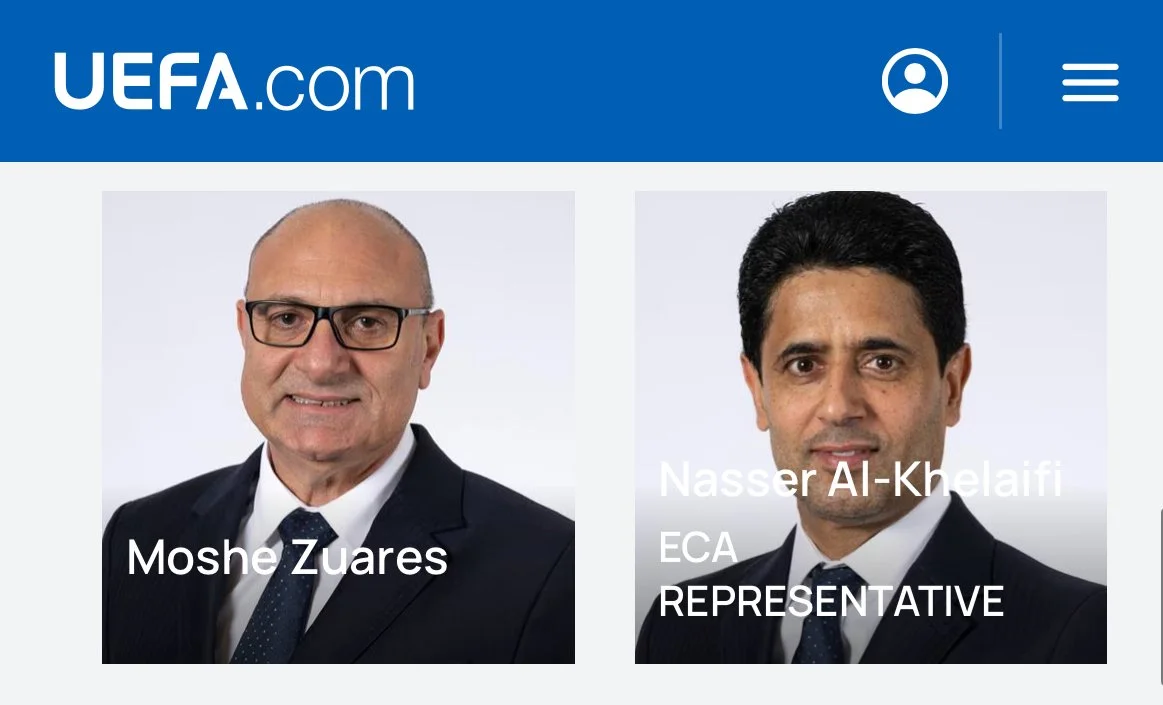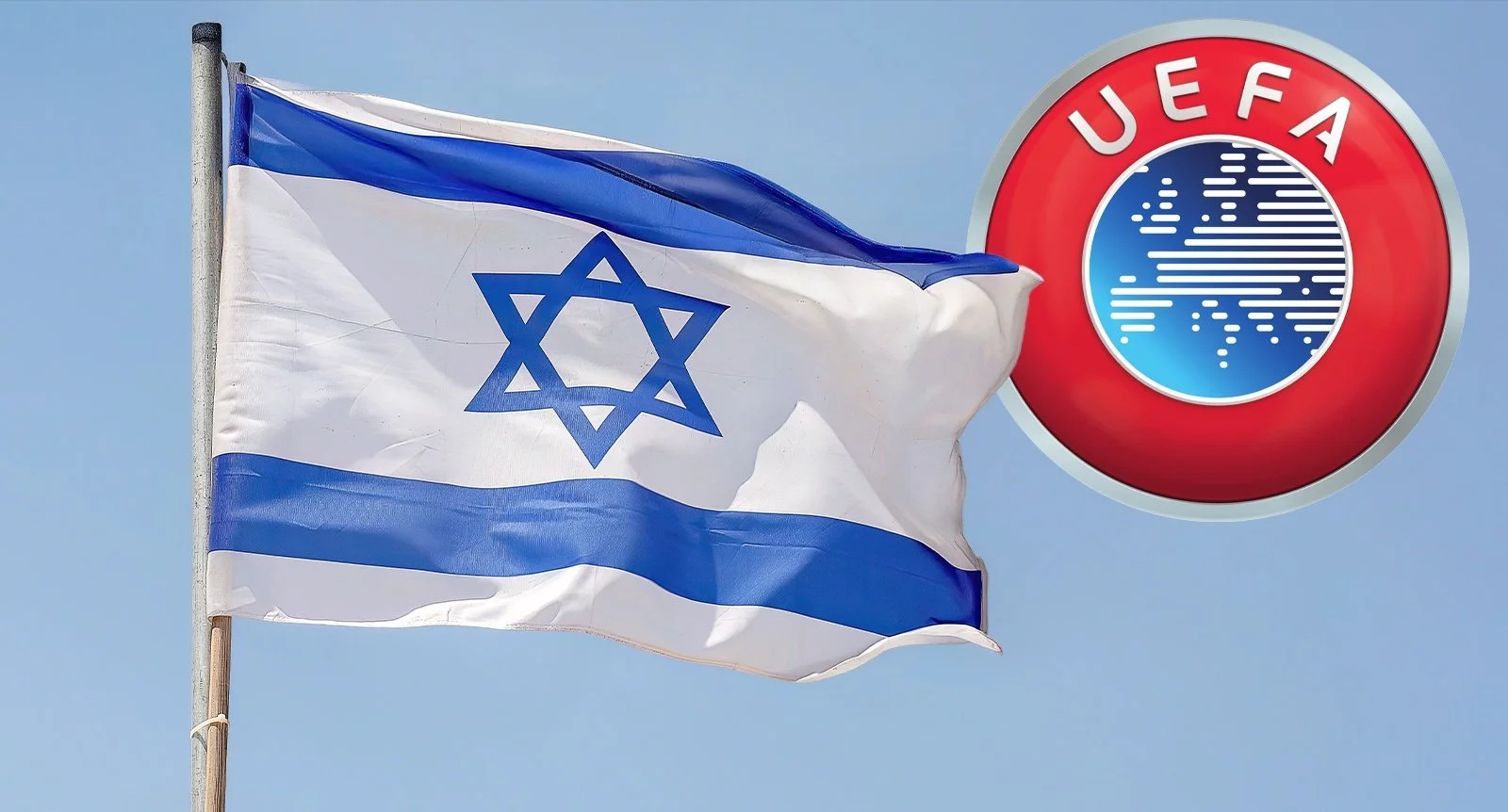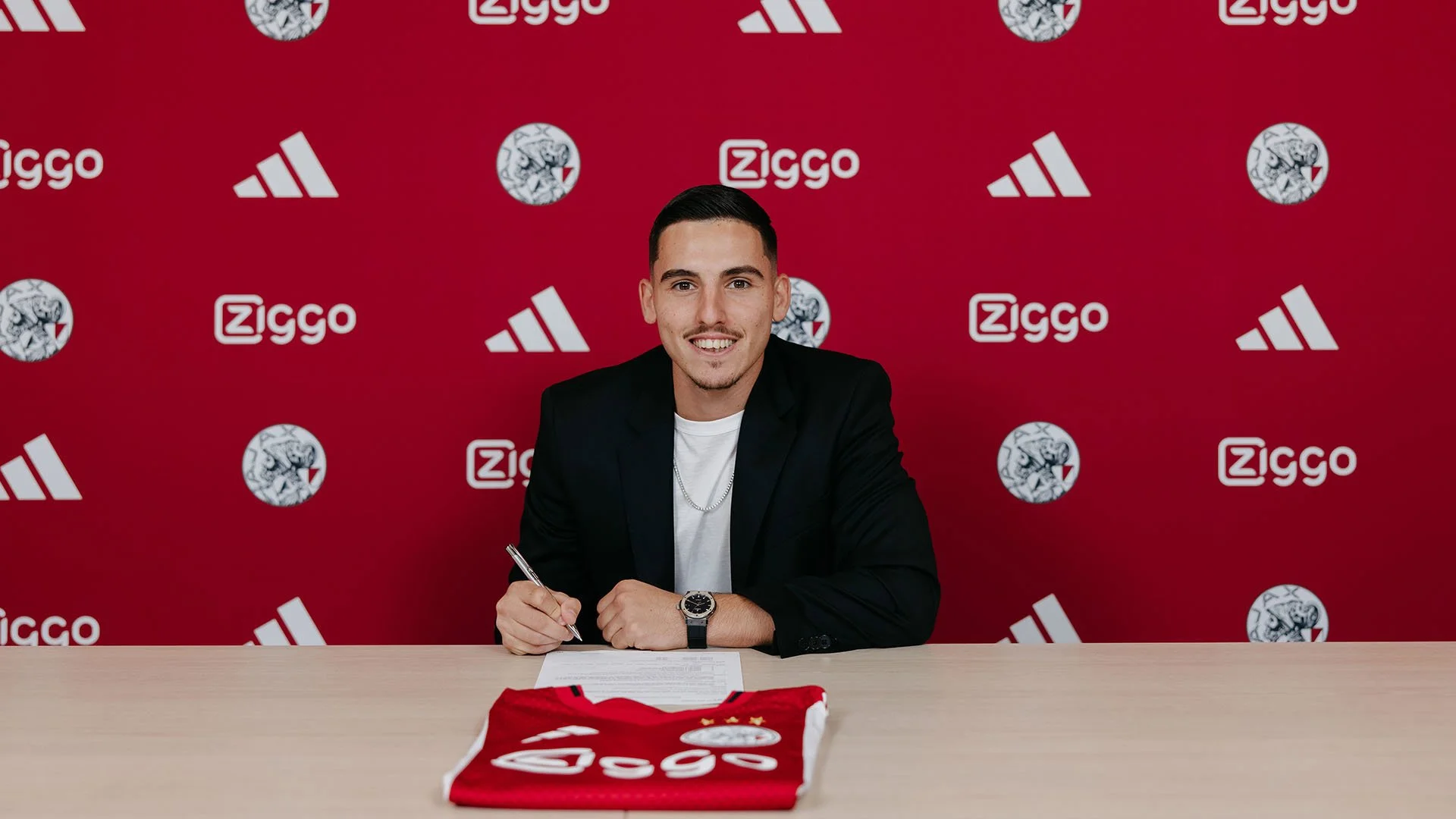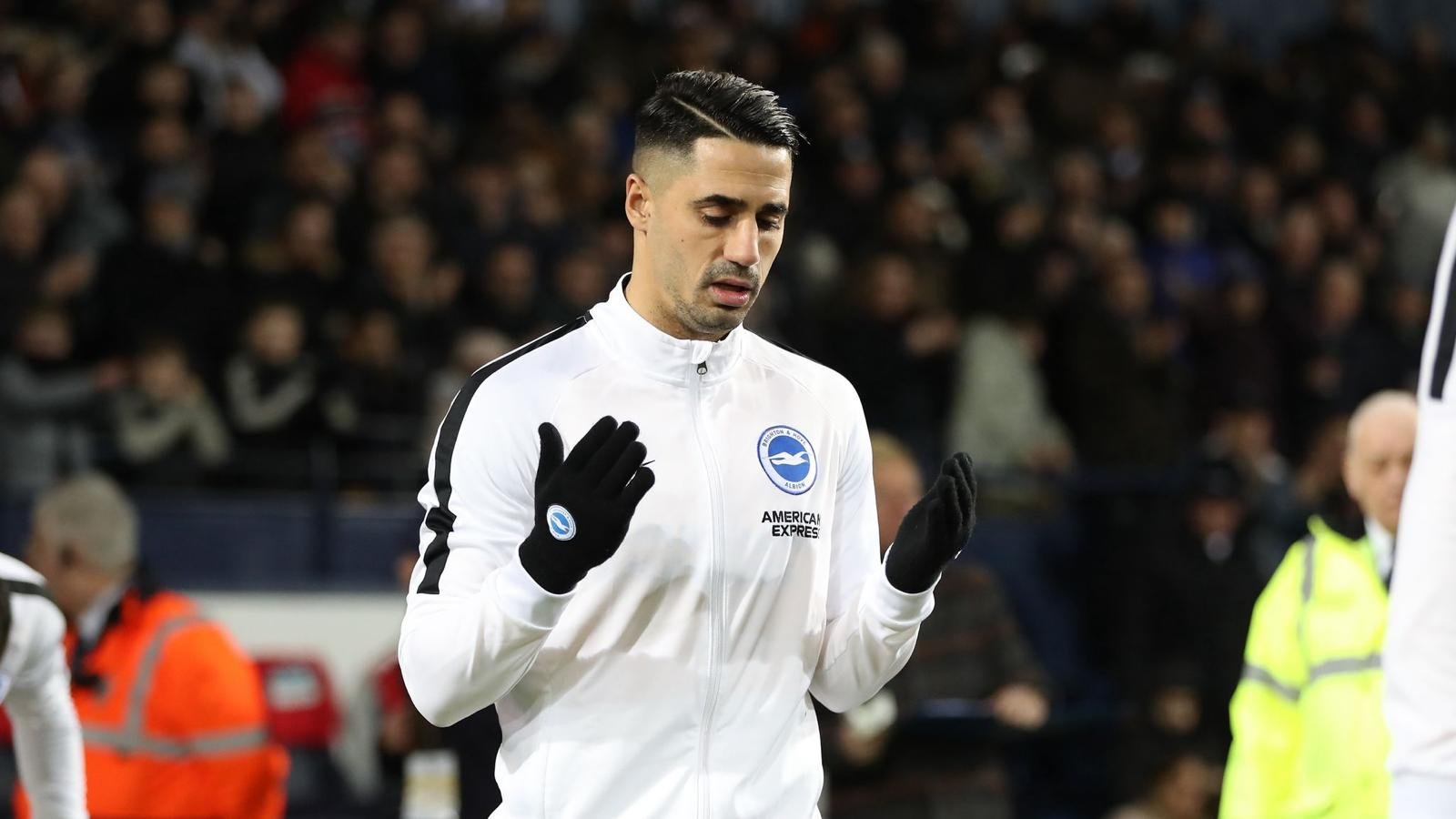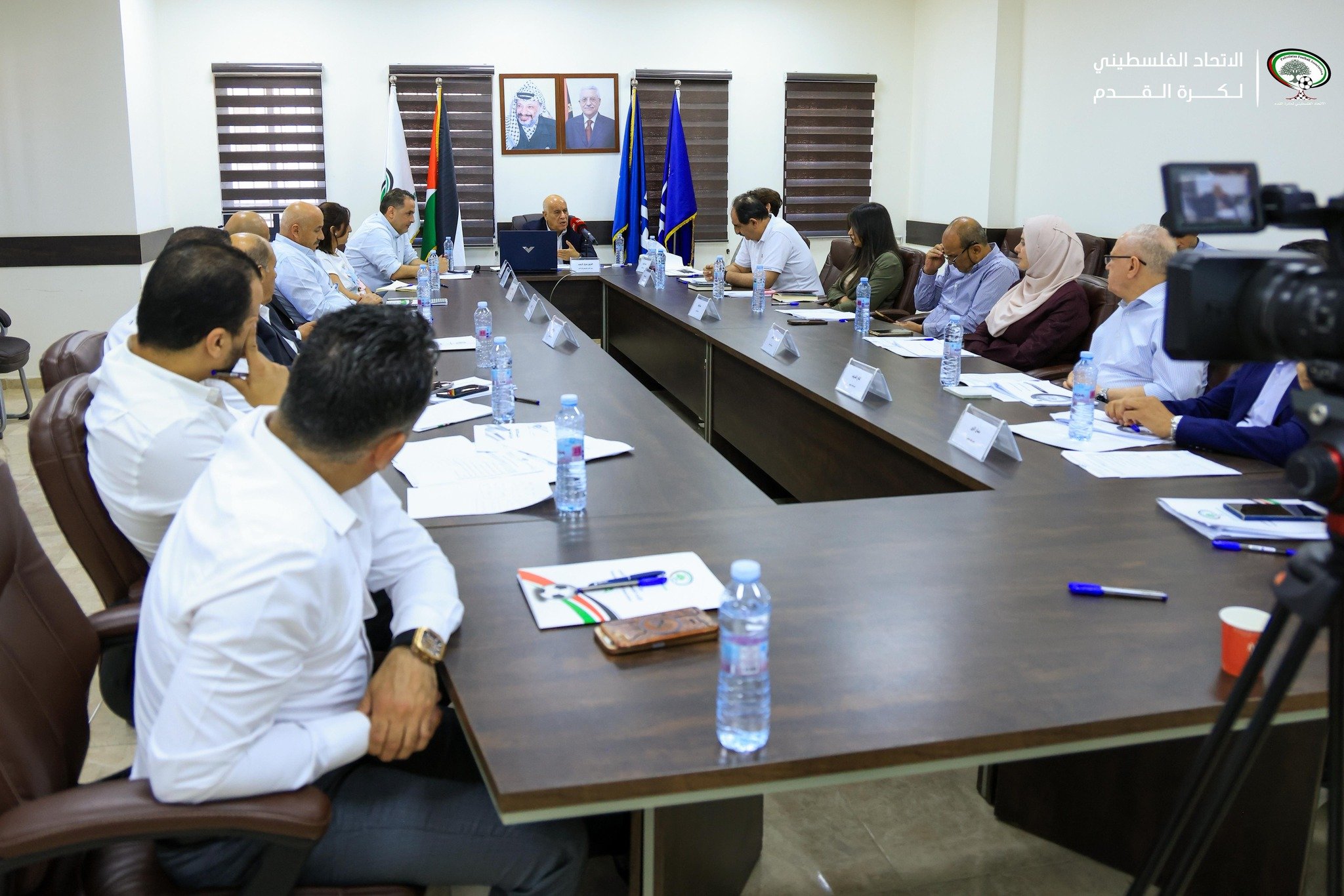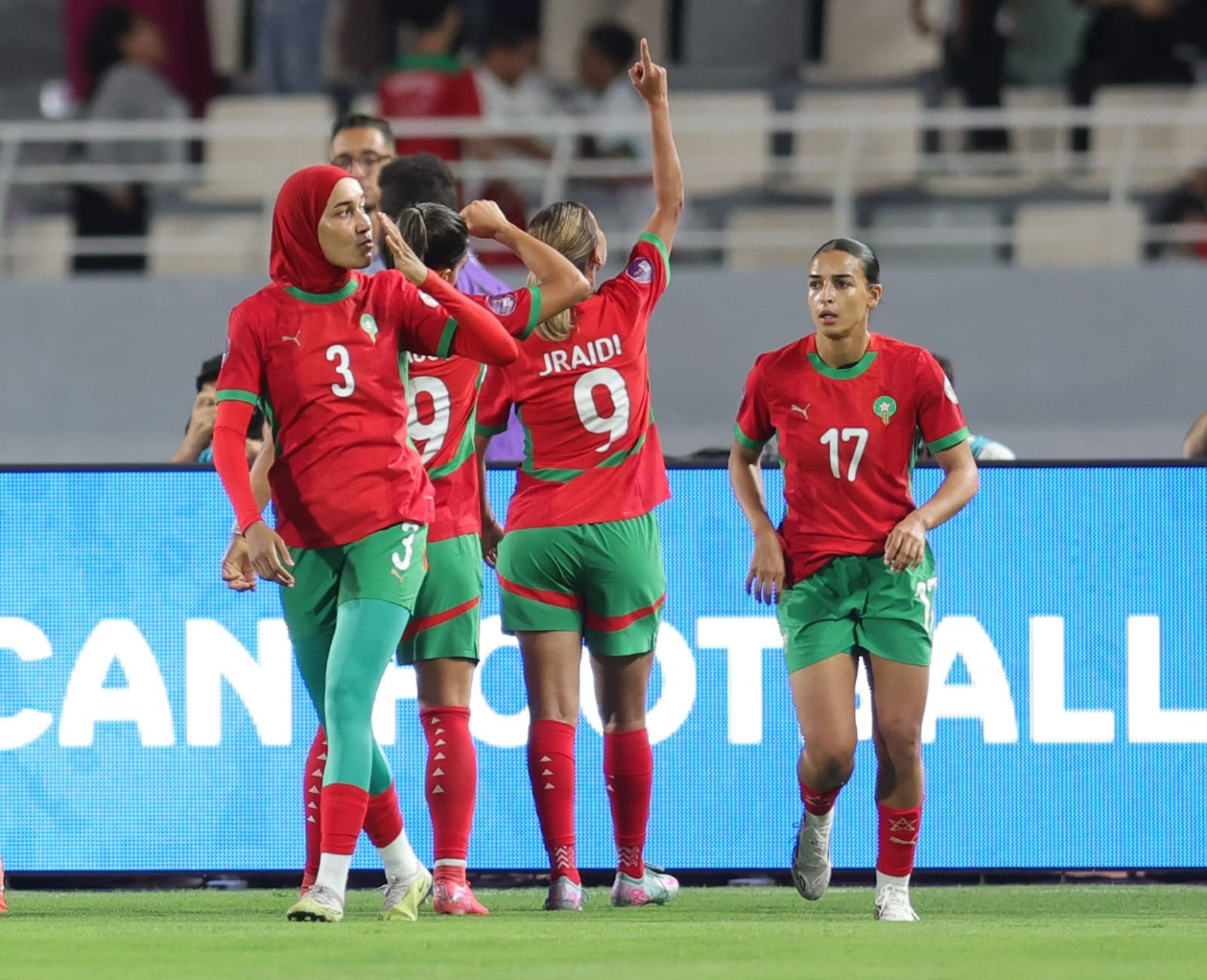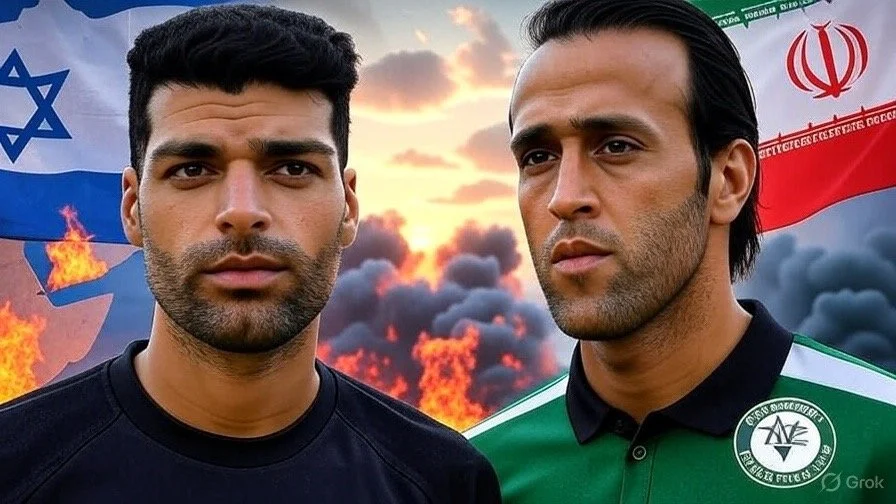One year ago, the inaugural World Cup to grace the Middle East - Qatar 2022 - commenced amidst controversy.
What started with criticism transformed into a spectacular tournament, culminating in what has been dubbed by many as the greatest World Cup final in history.
Beyond the flashy opening ceremony and the disappointing debut of the Qatari national team against Ecuador, the impact of the 2022 World Cup resonated in unexpected ways, reshaping not only Qatar but the broader Middle East too.
It served as a catalyst for the deepening connection between the Arab world and football, a bond set to flourish in the years ahead.
The 2022 World Cup will never be forgotten 🎉 pic.twitter.com/UhXYQYX85s
— B/R Football (@brfootball) December 19, 2022
Far-reaching impact
Qatar's early exit from the tournament marked the end of the Aspire Generation era, a project that aimed to build the ‘class of 2022’ by attracting talent from Asia and Africa, alongside local stars such as Akram Afif and Abdulkarim Hassan.
Despite initial doubts from Europe, Qatar embraced football fervently, retaining control over Paris Saint-Germain and undergoing a significant squad overhaul.
The departure from PSG of Messi and Neymar was offset by the retention of Kylian Mbappe, and the arrival of Ousmane Dembele and Randal Kolo Muani.
The Qatar Stars League also witnessed a transformation, shifting the focus from aging stars to investing in young global talents.
The arrival of Ibrahima Bamba, Issac Lihadji, and Fabricio Diaz, for example, helped to infuse some fresh energy into the league, despite it still suffering from low attendance rates.
The ripple effect extended to other regional tournaments further strengthening the bond between the Arab world and the beautiful game.
Touch down World Cup 2022#FIFAWorldCup #Qatar2022
— BabaGol (@BabaGol_) November 19, 2022
📷 @Levyninho pic.twitter.com/u1ja6zljjQ
Geopolitical shifts and cultural impacts
But the World Cup triggered seismic shifts beyond the football pitch.
Saudi Arabia, inspired by the event and fueled by a historic victory over Argentina, made a bold entry into the football arena.
The acquisition of Cristiano Ronaldo and an astronomic investment in the Saudi Pro League kickstarted a rapid evolution, attracting global attention and top-tier players.
Suddenly the AFC Champions League has become the place where megastars visit places the locals never dreamed they would.
On a cultural and geopolitical level, the display of the Palestinian flag during the World Cup reignited support for the Palestinian cause globally.
The event also underscored the cultural struggle between East and West.
Qatar's hosting of a non-alcoholic World Cup showcased different values to Western audiences.
And Iran’s on-field clash with the USA was literally politics in football, or more precisely in the stands.
In the midst of the war between Israel and Hamas, Qatar has positioned itself as a key player, leveraging its influence to work towards a resolution.
The World Cup played a pivotal role in establishing Qatar as a legitimate force, capable of contributing to global affairs.
As we reflect on the one-year anniversary of the tournament, it becomes clear that the trends set in motion - strengthened ties between the Arab world and football, the rise of Gulf countries in geopolitical matters, and the clash between East and West - will persist and shape the landscape well into the next decade.
The anticipation for the 2030 World Cup in Morocco, and the 2034 edition in Saudi Arabia, only adds fuel to this transformative journey.
Qatar 🇶🇦 2022 ✅
— BabaGol (@BabaGol_) October 6, 2023
Morocco 🇲🇦(w/ 🇪🇸 🇵🇹) 2030 ⏳
Saudi Arabia 🇸🇦 2034 🔨🧱🔩⏳
The connection between the Arab world and the World’s game is just getting stronger by the minute 🙌🏾 pic.twitter.com/qJ7NAzu7Re
